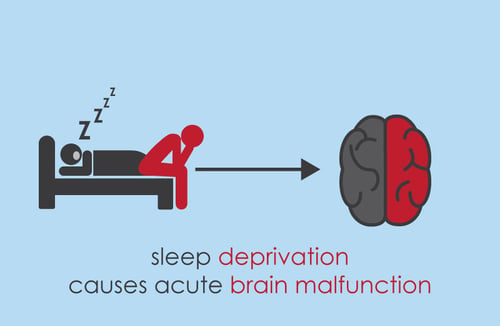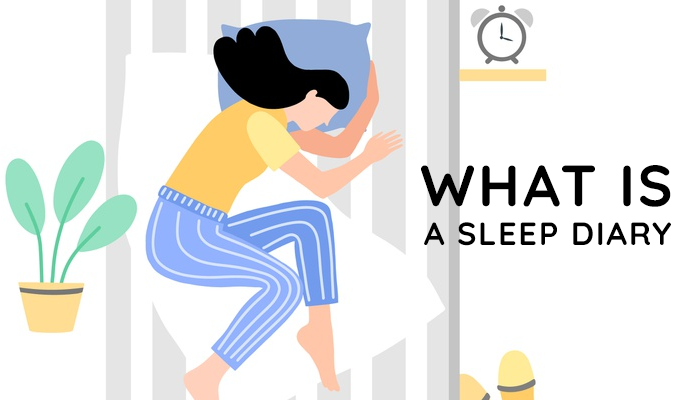What is a Sleep Diary?
A sleep diary is a record of your sleeping that includes all of the aspects of your sleep such as patterns and habits in order to identify potential problems that should incur a sleep study. Sleep diaries are generally kept over a period of at least two weeks, however, longer durations are often better for more information.
Sleep diaries might be requested of you by your doctor or a sleep center in order to get more accurate data about your sleeping throughout the process of working up your sleep concerns.
What’s Included in a Sleep Diary?
Usually, the following items are kept in a sleep diary:
- Time you got in bed
- Time you woke up
- Estimated time taken to fall asleep
- Restfulness of sleep
- Number of times you awoke during the night and reason
- Amount of coffee consumed
- Amount of alcohol consumed
- Amount of exercise that day
- Things you did in hour leading up to bed
If you are trying to identify other specific things, then you should include those in the sleep diary as well. Ideally, you will only need to spend about 5 minutes every day filling out your diary.
Why Keep a Sleep Diary?
The main reason to keep a sleep diary is to identify all factors about your sleep to find a root cause for sleep troubles or poor sleep qualities, gather more data for a doctor or sleep center, or understand patterns of your sleep.
 If you are not sleep well, your brain will suffer - sleep diaries are an excellent way to begin identifying sleep problems
If you are not sleep well, your brain will suffer - sleep diaries are an excellent way to begin identifying sleep problems
How to Keep a Sleep Diary
Sleep diaries are easy to keep, so long as you are diligent. Here are some tips to assist you in being successful:
- Use the best method for recording your sleep for you, including a downloaded sleep diary template, sleep diary app, or physical sleep diary.
- Keep the sleep diary next to your bed for easy access.
- Keep the same routine everyday of when you fill it out so you don't forget and get behind.
- Be as detailed as possible while using it.
What to Look For in Your Sleep Diary
As you record your sleep, you may begin to notice some patterns or behaviors that may influence your overall well-being or indicate how healthy your sleep is:
- Are you getting at least 7 hours of sleep consistently?
- Are you feeling catastrophically tired when you wake up?
- Are you rousing throughout the night?
- Are you drinking excessive amounts of coffee or alcohol?
- Are you nighttime activities conducive to sleep?
As you track these factors, you may notice what helps and hurts your sleep. This information is also useful for a sleep specialist or doctor who will also be analyzing this information. If you would like to talk with a sleep health professional, please click the orange button below to take a free online sleep test and talk with one of our sleep health professionals.


